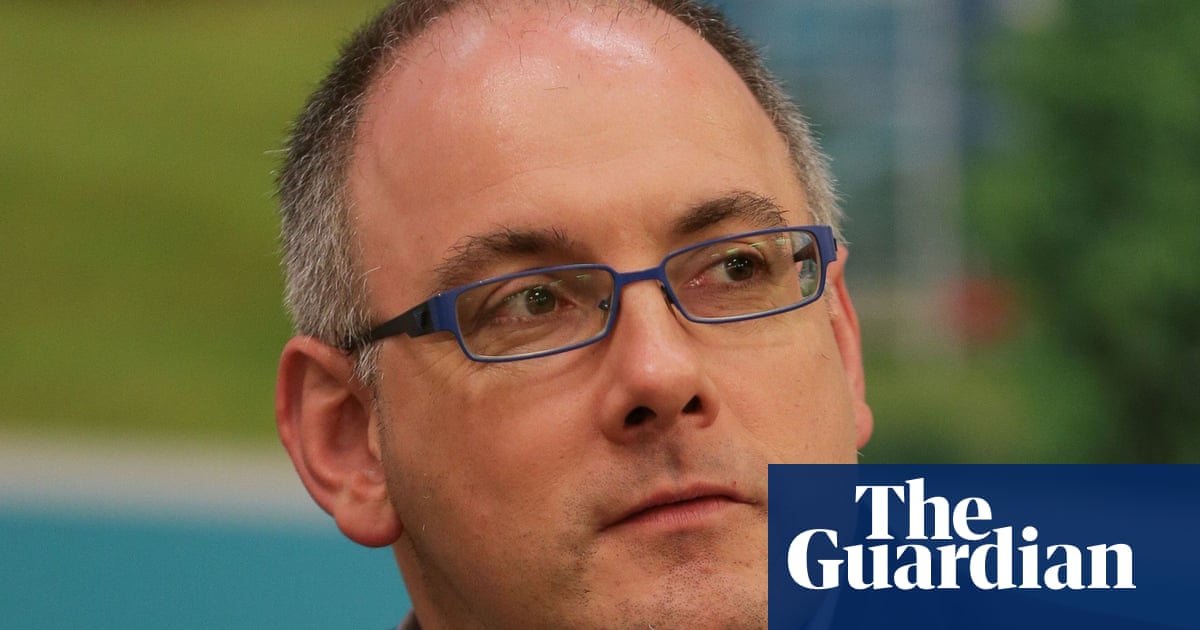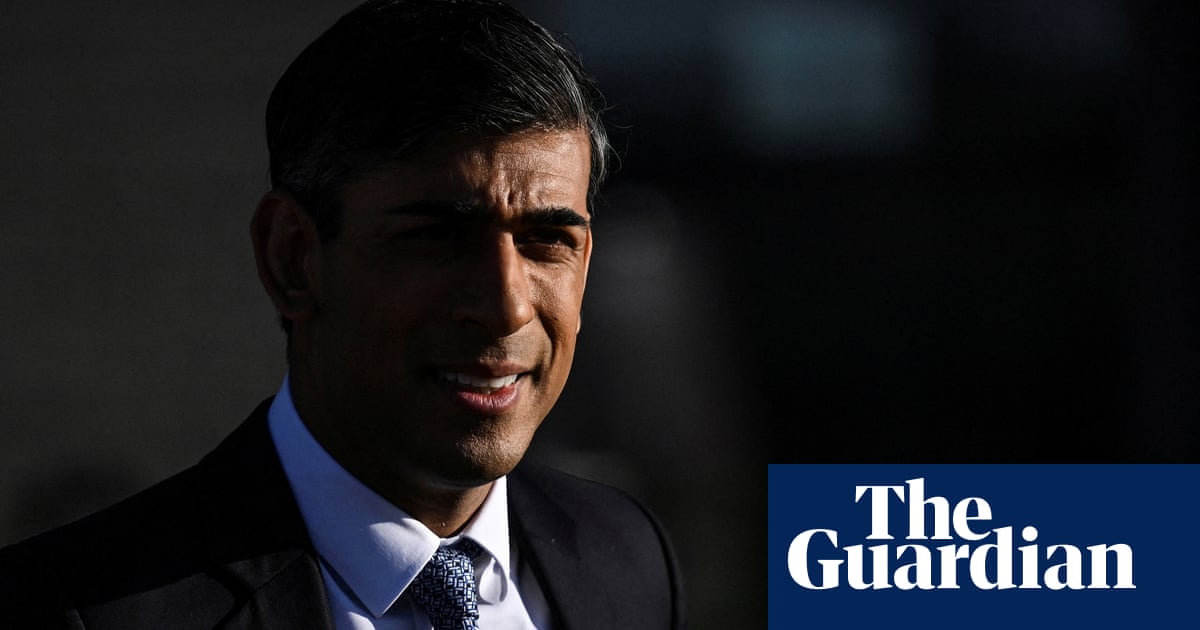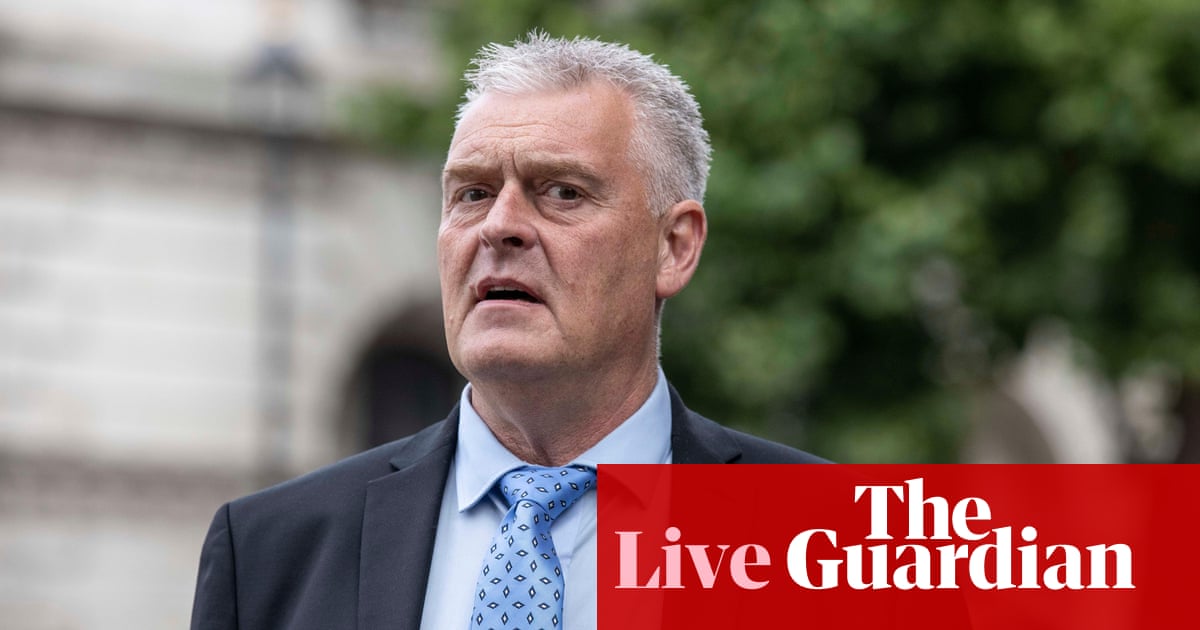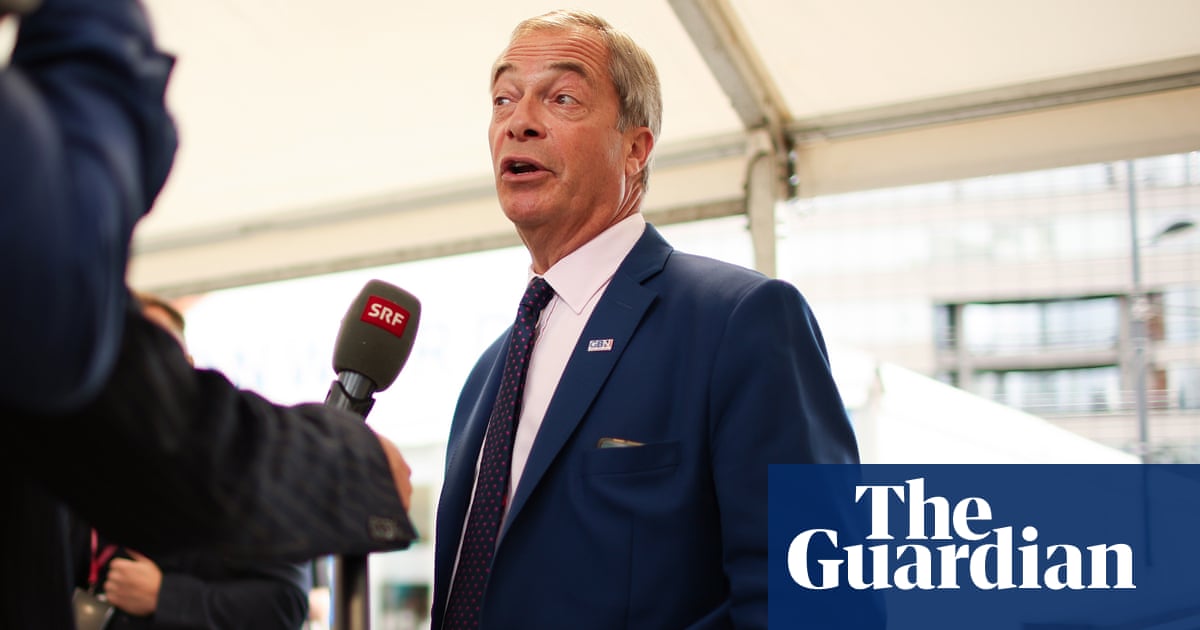
Two Tory ministers have quit the government in a double blow to Rishi Sunak, who has been forced to carry out a mini-reshuffle of the junior ranks.
The veteran MP Robert Halfon unexpectedly announced he would step down as education minister and would be leaving the Commons at the next general election.
The armed forces minister, James Heappey, who had already said that he planned to go, confirmed he had left his role at the Ministry of Defence in advance of standing down.
The pair join a growing exodus of Conservative MPs from the Commons as the party languishes in the polls, with Keir Starmer’s Labour party expected to enter government after the election this autumn.
Halfon becomes the 63rd Tory MP to say they will not stand in the next election, with Theresa May and the former cabinet minister Brandon Lewis confirming their departures in recent weeks. Four former Conservatives who now sit as independents are also leaving, meaning that just over a fifth of the Tory MPs elected in 2019 are quitting.
Ministers who declare they will stand down at the election do not have to leave government immediately, but prime ministers generally want a team that is gearing up to fight the election rather than counting the days until they go.
Sunak carried out a mini-reshuffle of the junior ministerial ranks as a result of the departures, moving the MP Nus Ghani to the Foreign Office, where she will be minister for Europe, while Leo Docherty returns to the Ministry of Defence to take over as armed forces minister.
In other moves, Kevin Hollinrake, the postal services minister, is promoted to minister of state at the Department for Business and Trade, Luke Hall moves to become minister of state at education, while Alan Mak becomes a minister at both the DBT and the Cabinet Office.
Halfon, who has served in a series of senior roles since first being elected in May 2010 as the MP for Harlow, Essex, became known for his tireless campaigning on behalf of motorists to secure successive fuel duty freezes, prompting David Cameron to describe him as the most expensive backbencher in Britain.
A longstanding supporter of “blue collar conservativism”, he was chair of the Commons education committee for five years, between 2017 and 2022, before returning to the Department for Education as skills minister.
In his letter to Sunak, he wrote: “After well over two decades as the Harlow parliamentary candidate and as MP, I feel that it is time for me to step down at the forthcoming general election, and in doing so, to resign as a minister in your government.”
After his unexpected resignation, David Hughes, the chief executive of the Association of Colleges, said he had been a “passionate champion for further education, skills and apprenticeships” during his time in parliament.
Heappey, a former soldier who has carried out various roles in the MoD since 2019, posted a picture of himself outside the Whitehall department with the word “endex”, a military term referring to the end of a hard exercise, and the feeling of relief that comes with that.
In the thread posted to X on Tuesday, he wrote: “I’ve loved every minute as MinAF in this incredible department. Our Armed Forces & MoD civil servants are the very best of us. Representing them in Parliament & around the world over last 4.5 years has been an amazing privilege.”
Heappey had reportedly been on “resignation watch” from his ministerial role after telling colleagues privately that he was unhappy about the level of defence spending.
He had been tipped to succeed Ben Wallace as defence secretary after his resignation last year, but Sunak instead gave the cabinet post to Grant Shapps, who has no military experience.
He had tweeted a letter earlier this month saying he had taken “the painful decision” to not stand again as an MP.
The Tory had a majority of just under 10,000 in the 2019 election in Wells, Somerset, and the Liberal Democrats, who came second then, are likely to target the new seat created after boundary changes.
The double resignations will add further to the sense of fatalism around the Tories, prompting concerns in Downing Street that many of its MPs have given up.
The record number of Conservatives who have stood down from parliament in a single term is 75, set in the run-up to Labour’s 1997 landslide. The party is now expected to exceed that tally under Sunak.












